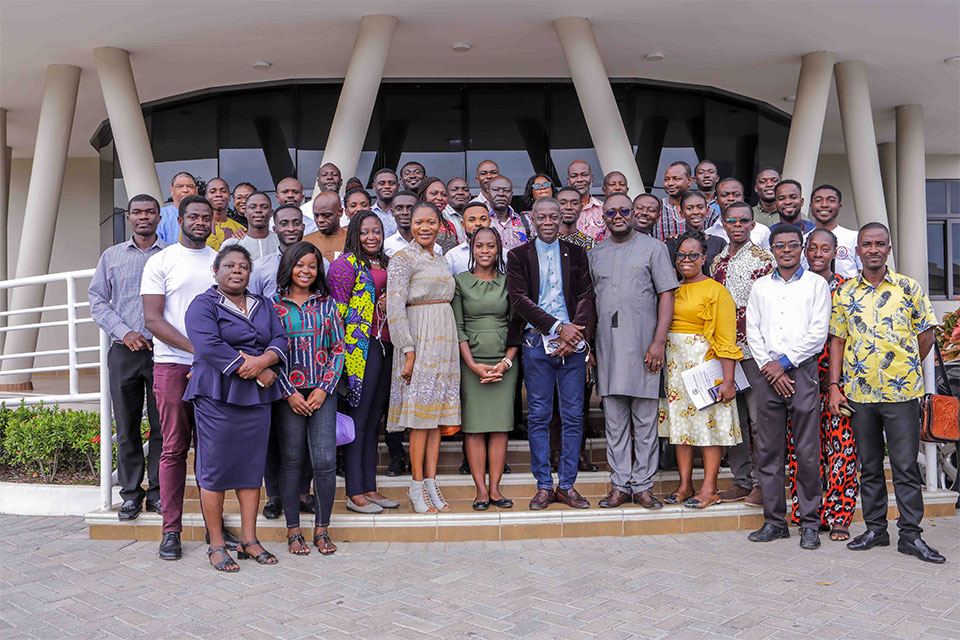UEW-SPED Holds Impact Workshop in its Investigation of Childhood Deafness and Development
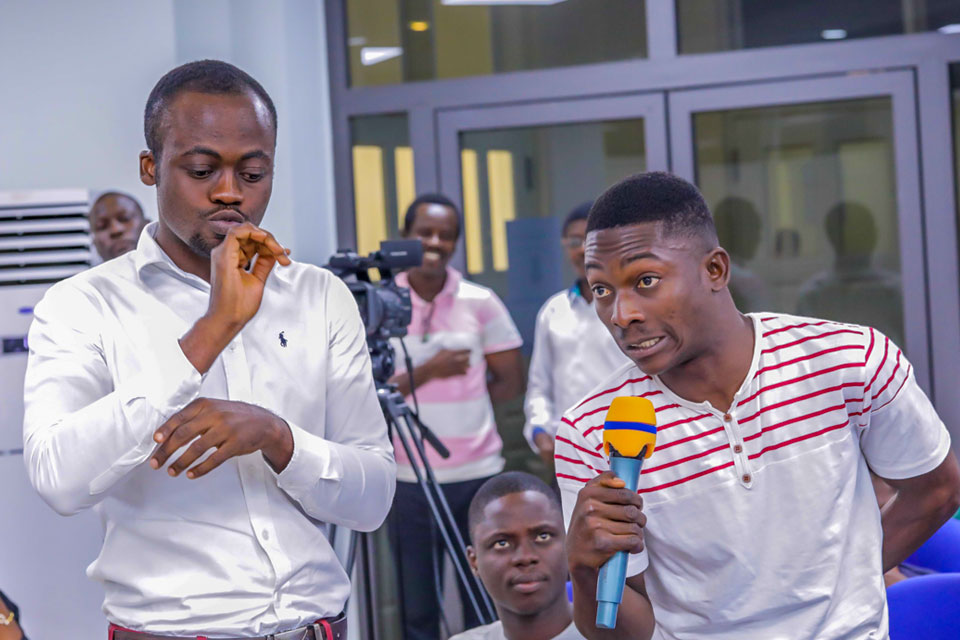
As part of an ongoing research project that is investigating "the early education for young deaf children and their caregivers in Ghana," the Department of Special Education (SPED), University of Education, Winneba (UEW), has organised an impact workshop to present the project findings so far and solicit feedback from key stakeholders.
The project explores an understanding of the social-cultural dynamics of the developmental precariousness of childhood deafness in Ghana to support early education programming for young deaf children and their caregivers as well as policy and practice. It also seeks to ascertain the cultural perceptions of deafness and sign language communication, the local language, and communication practices, as well as the proximal and external resources surrounding children, their caregivers, and communities.
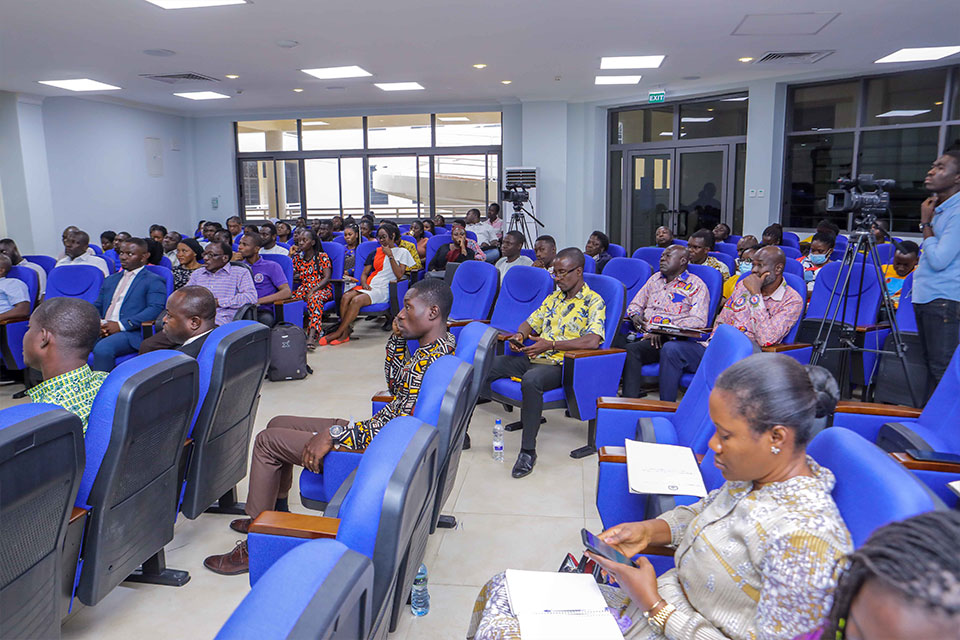
The research project, a UK-Ghana collaboration, is supported by the British Academy’s Early Childhood Education Programme, funded under the Global Challenges Research fund.
The research team collected data from five sites through interviews and observation and used the bioecological approach (Bronfenbrenner, 2006) to thematically analyse the interview data and multimodally analyse the interaction data.
The exploration discovered societal marginalisation and stigma, as a constraint on early care and support leading to limited understanding of childhood deafness in Ghanaian society. Consequently, the society failed to leverage emphasis on community shared responsibility as an important social resource for the benefit of deaf children and their families.
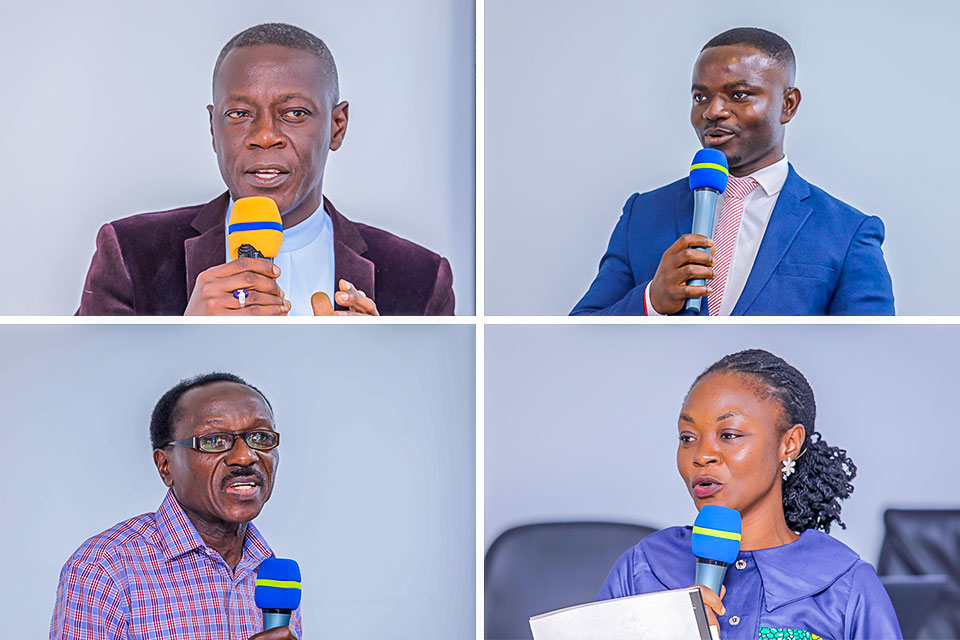
The study also revealed that Ghanaian society is plurilingual, where different families and communities are tolerant of one another’s language and culture. Some of the children grow up proficient in as many as four languages and can switch between them to facilitate their communications and interactions with others. This implies getting in place support systems to facilitate their interaction.
The study highlighted the constraints of the infrastructure, such as access to water supply, which posed the risk of diseases; and a lack of connectivity, which impinges on the development and dissemination of support communities and practices. This pointed to the need to pay critical attention to support systems to promote the education and welfare of deaf children and their families.
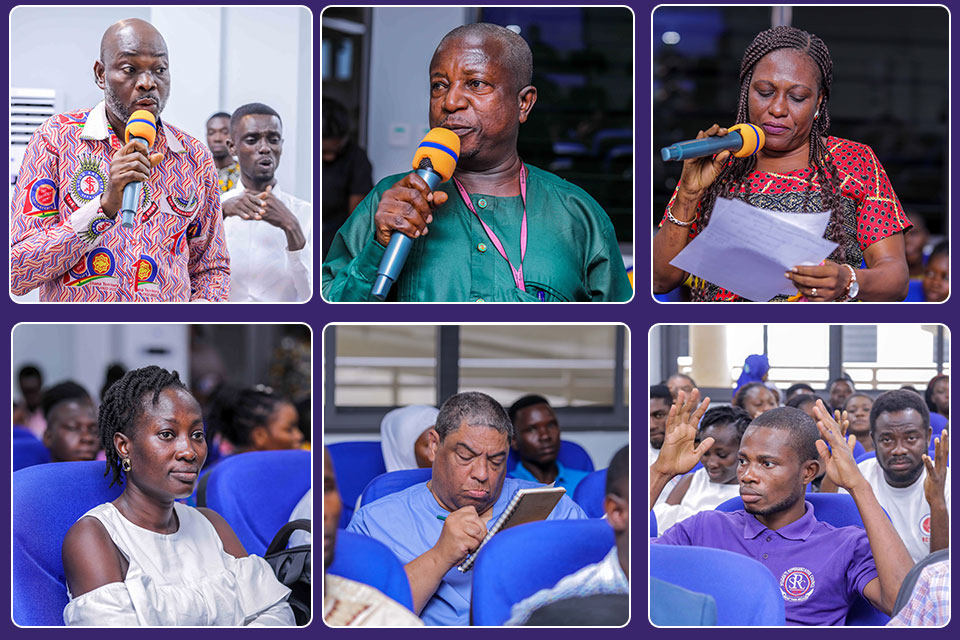
On the part of caregivers, the study exposed a clear lack of exposure and access to Ghanaian Sign Language (GSL) teaching, significantly influenced by negative societal attitudes to deafness and the lack of information about the communication possibilities of sign language even though caregivers valued education. The study suggests the provision of well-resourced centres equipped with personnel and materials to support the acquisition and learning of sign language.
The study strongly suggests the development of deaf-led intervention and mentoring, community-based education and support, a focus on visual communication (valorizing caregiver/family repertoires), upskilling education and the allied health workforce, and sustainable growth of professional and research capacity to increase public awareness and inclusive attitudes toward deaf children as well as empower those responsible for their growth and well-being.
Prof. Asonaba Kofi Addison, a professor in the Faculty of Educational Studies (FES), UEW, represented the Vice-Chancellor, Prof. Mawutor Avoke, as the chairman of the workshop. He declared that the Special Education Programme is the University's flagship programme and that projects initiated and executed by the department are dear to its heart.
“Management appreciates the kind support from the funding body. Issues of disability are key on the inclusive agenda of the University of Education. We are pleased about this research collaboration between the SPED and Leeds University,” he said.
He hoped that the project findings inform policy initiatives and direct the focus of the department toward training requisite manpower to address the current educational needs of young deaf children and their caregivers.
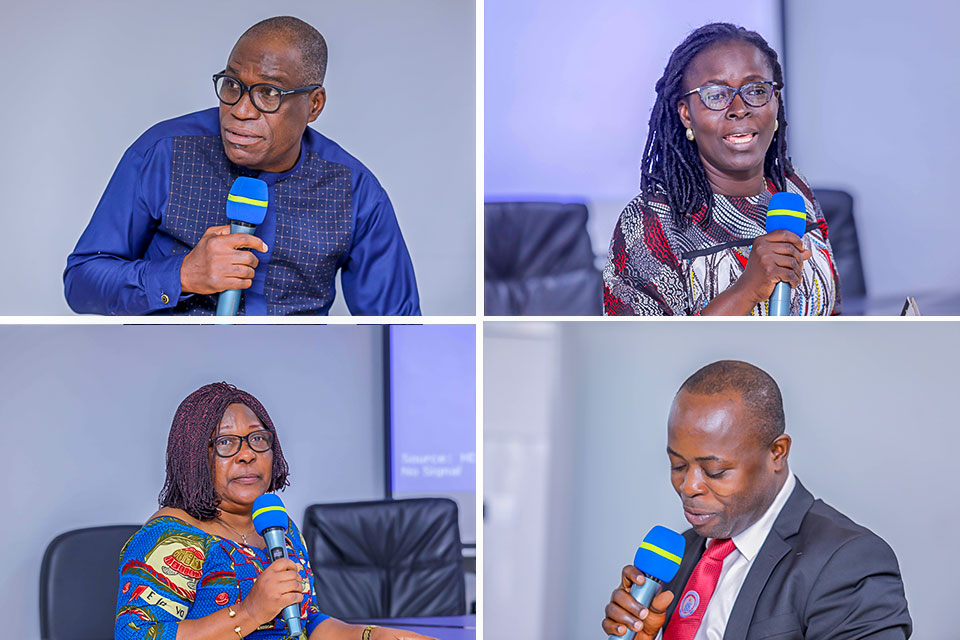
The Dean of FES, Prof. (Mrs.) Sakina Acquah, stated that the new curriculum for the basic school highlights inclusive education, adding that the young deaf child’s education is paramount in making inclusive education effective.
Prof. Sakina Acquah reiterated that the faculty endeavours to promote the best interests of people with disabilities and that it currently operates a resource centre for students with special needs to offer assistance to all students of diverse learning at UEW and elsewhere. These services include sign language interpretation, note-taking, and brailling.
She looked forward to seeing findings that will drive the formulation of appropriate policies to push the agenda with caregivers, families, and communities to develop a critical understanding of the social and resource contexts of young deaf children to support the development of early years policy and practice replicated across different urban and rural contexts in Ghana and Sub-Saharan Africa.
“I’m happy that this project has helped to find solutions to the language and communication issues of deaf people and their caregivers,” she said.
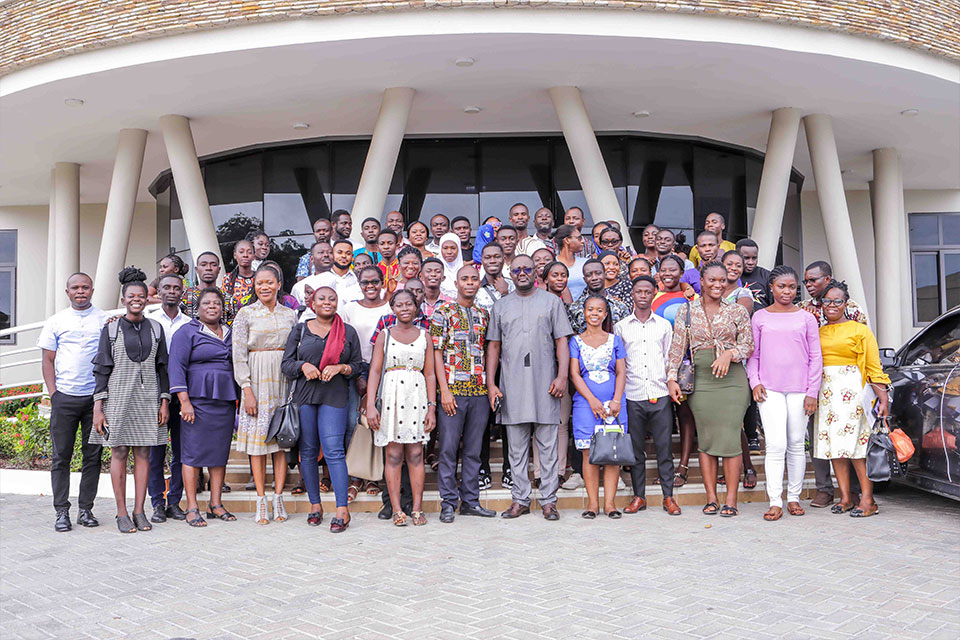
Representing the Ag. Registrar, Mrs. Wilhelmina Tete-Mensah, Deputy Registrar of the Division of Operations, Dr. Hagar Bampoe-Addo, expressed delight at the role of UEW in this international project. "We are thus far helping the deaf to develop their language. This project is welcoming and we are hoping that it will bridge the gap between policy and policy implementation on disabilities, especially the deaf child, and how we can encourage inclusiveness."
The Director, Directorate of Research, Innovation, and Development (DRID), UEW, Dr. Edmond Agyeman, congratulated the project team for the handwork done and for hoisting the name of the University on the international scene. He urged them to finish hard and hoped that they look for additional grants to continue the impactful work they are doing.
The project team consists of Prof. Ruth Swanwick, Dr. Yaw Nyadu Offei, Dr. Alexander Mills-Oppong, Dr. Daniel Fobi, Mr. Derrick Asomaning, Mrs. Joyce Fobi, Ms. Linda Gibbah, Mr. Richard Doku and Mr. Obed Appau.
